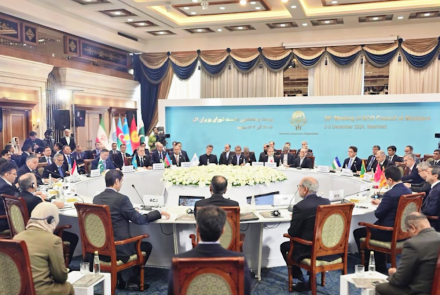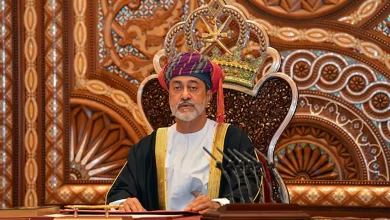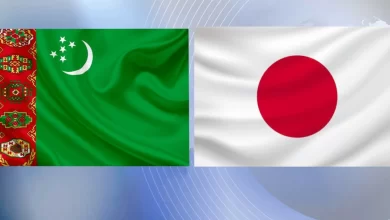ECO Foreign Ministers’ Meeting Wraps Up in Mashhad

The 28th meeting of the Council of Foreign Ministers of the Economic Cooperation Organization (ECO) concluded yesterday (Tuesday) in Mashhad, Iran.
Key topics discussed during the meeting included trade, energy, transportation, environmental sustainability, and sustainable economic growth. However, the meeting took place without any representative from the Islamic Emirate of Afghanistan.
Tajikistan’s Foreign Minister, Sirojiddin Muhriddin, emphasized Afghanistan’s potential role in regional integration and economic development. He was quoted by an Iranian media outlet as saying: “We believe this ECO member country can play a substantial role in economic development and fostering regional integration. It can also contribute to implementing multilateral connectivity projects and making strategic investments for the future, which Tajikistan supports.”
The Islamic Emirate’s Ministry of Foreign Affairs has not commented on Afghanistan’s absence. Nonetheless, economic experts believe that the lack of Afghan representation diminished the meeting’s potential benefits for the country.
Abdul Ghaffar Nizami, an economic analyst, said: “Afghanistan is a global hub where countries, directly or indirectly, seek a presence. However, Afghanistan is not given the opportunities needed to advance economically, nor are responsibilities for implementing or funding major economic projects in the country undertaken seriously.”
Shams-ur-Rahman Ahmadzai, another economic analyst, remarked: “A representative from Afghanistan should have attended this meeting. Afghanistan is actively expanding its economic and trade relations globally. Participation by the Islamic Emirate would have resulted in more positive outcomes and provided clarity on the key issues discussed.”
The Economic Cooperation Organization (ECO) was founded in 1985 by Iran, Turkey, and Pakistan. In 1992, it expanded to include Afghanistan, Azerbaijan, Kazakhstan, Kyrgyzstan, Tajikistan, Turkmenistan, and Uzbekistan.
The organization’s goals include fostering economic and trade cooperation among member countries, enabling collaboration in areas like agriculture, energy, transportation, and communication, improving living standards, and reducing poverty in the region.
The 28th meeting included the ECO Secretary-General and foreign ministers from Iran, Turkey, Turkmenistan, Kazakhstan, Pakistan, Uzbekistan, Kyrgyzstan, Azerbaijan, and Tajikistan. The 29th ECO Foreign Ministers’ Council meeting is scheduled to take place in Kazakhstan in 2025.



